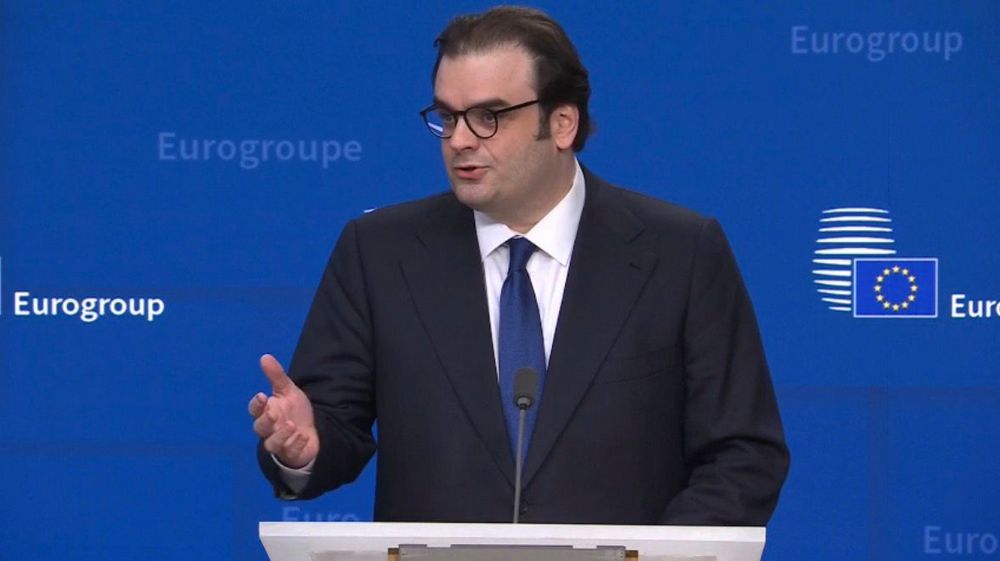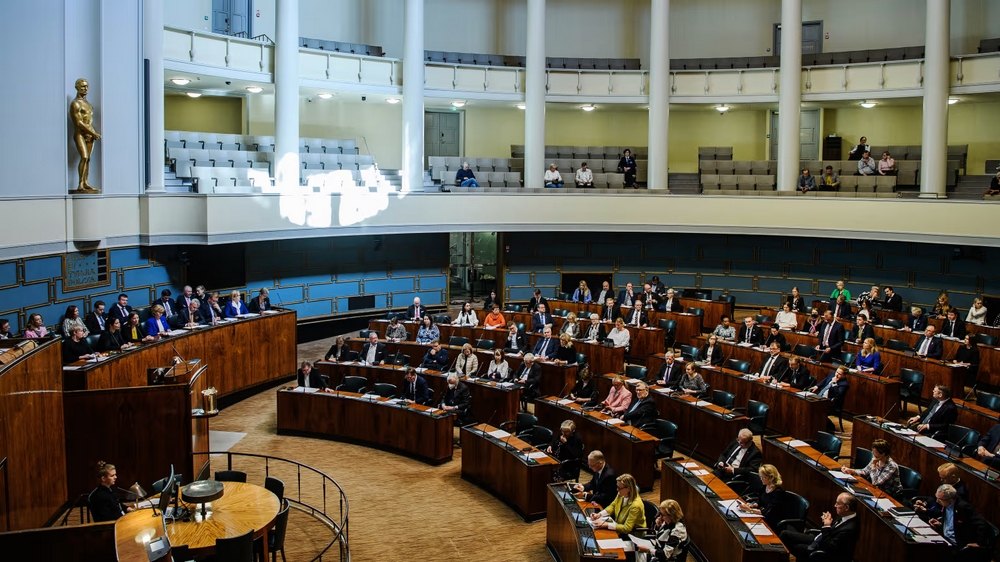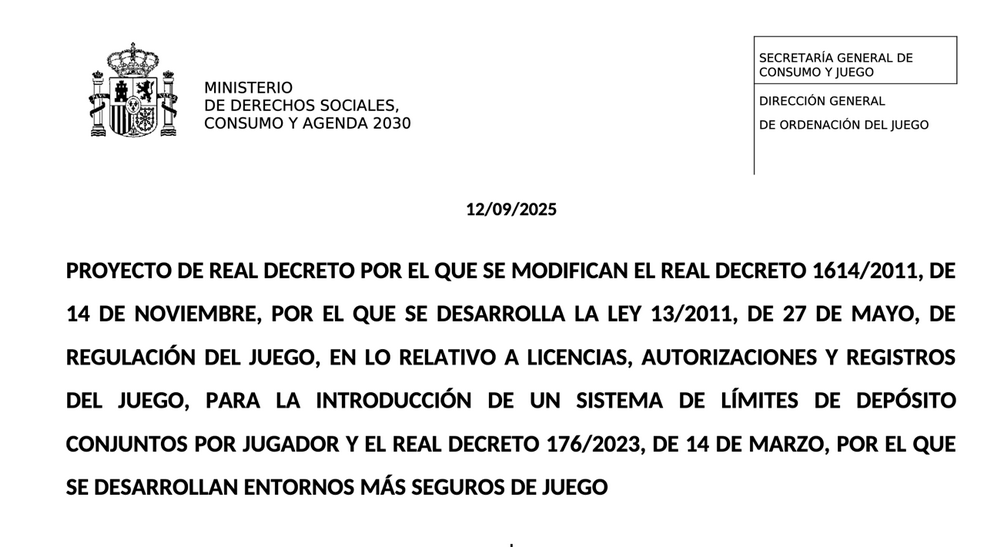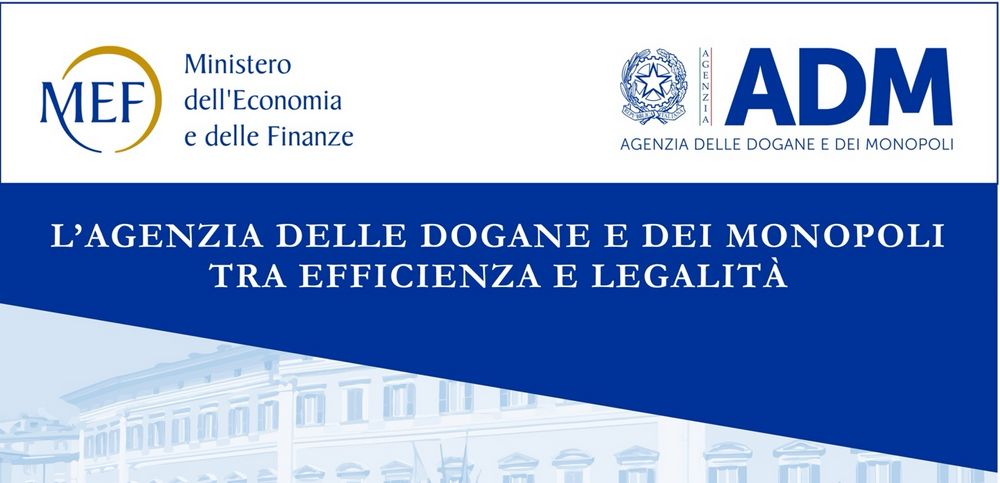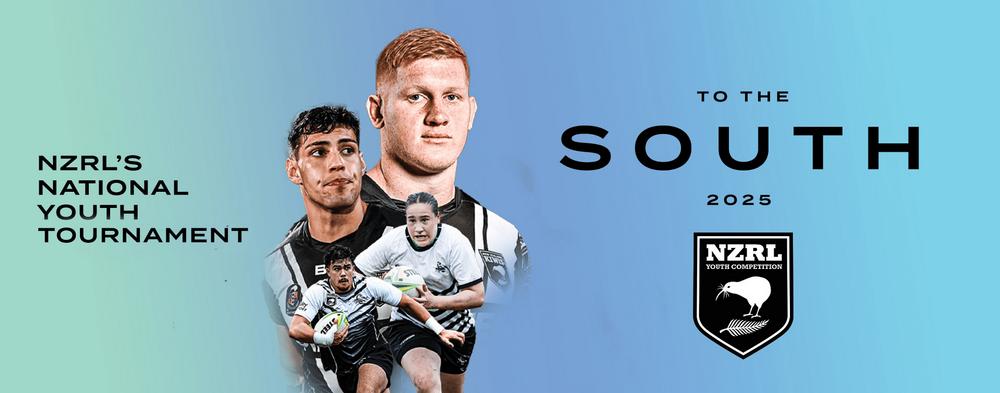Auckland, New Zealand — In 2024, more than NZ$212 million (approximately $124 million USD) was reportedly wagered on New Zealand’s men’s national football league through offshore betting platforms, predominantly based in Asia. Despite the league’s amateur status, matches regularly see betting volumes ranging from NZ$500,000 to NZ$1.4 million per game, underscoring the significant financial exposure to international markets. New Zealand’s unique time zone facilitates live broadcasts during low global football activity, further attracting Asian betting interest.

Andrew Scott-Howman, general counsel for the New Zealand Professional Footballers Association (NZPFA), described the situation as deeply concerning. He highlighted that the high betting volumes elevate the likelihood of corruption and match manipulation. “The numbers are staggering,” Scott-Howman stated, noting that the time zone advantage intensifies the risks of bad actors exploiting the competitions.

Under the New Zealand Sports Anti-Corruption and Integrity Framework, authorities bear responsibility for protecting competitions from betting-related corruption. While NZ Football enforces mandatory integrity training for players and collaborates with both domestic and international watchdogs, the offshore nature of most wagering presents enforcement challenges. Regulatory gaps persist due to limited international cooperation and the proliferation of over 200 microbetting markets on each match, increasing vulnerabilities to spot-fixing schemes.

This offshore betting surge not only diverts revenues away from licensed local operators, weakening funding for domestic sports initiatives, but also jeopardizes the league’s reputation. The associated integrity risks could deter genuine investment and reduce fan engagement. At a diplomatic level, New Zealand faces pressure to strengthen cross-border regulatory collaboration and governance in order to safeguard its football ecosystem.











